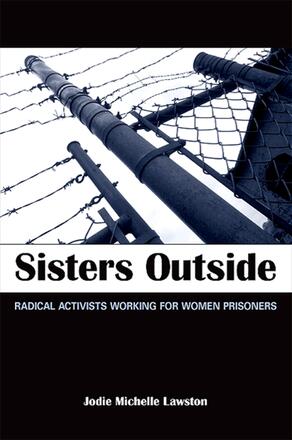
Sisters Outside
Radical Activists Working for Women Prisoners
Alternative formats available from:
Shows how radical women advocate for women in prison while acknowledging the racial and class division between them.
Description
How can radical women activists for women prisoners be a "voice and a presence" for people so different from themselves? The radical activists who envision a postprison society are predominantly white, middle class, and well educated; the prisoners they advocate for are predominantly disenfranchised women of color. While the activists lead lives of relative comfort, conditions in women's prisons may include sexual and emotional abuse and medical neglect. Jodie Michelle Lawston examines the dilemmas that arise as activists attempt to challenge injustices and oppression in these prisons. Activists question their place in leading organizations speaking for incarcerated women of color, and they question whether they will be accepted by these women as legitimate representatives. Knowing that their radical goals are generally not well received by the mainstream public, activists realize they must cast their efforts as a credible social movement when dealing with that public. Lawston maps the discourses that activists from a radical group in California generate in order to overcome these tensions and provides comments from the activists themselves.
Jodie Michelle Lawston is Assistant Professor of Women's Studies at California State University San Marcos.